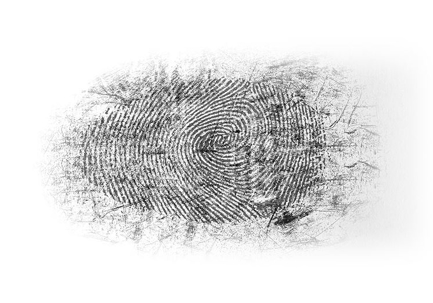Erasing Arrest Records with an Expungement
If you have been arrested but had the charged dismissed or were found not guilty, you should consider seeking an expungement of the criminal charge. An expungement, which works to erase an arrest from a person’s record, becomes a great tool to erase unfounded allegations of the past. It functions as a means for both “cleaning house” and self-protection in two main ways. First, when someone goes to look you up online, no record of the indiscretion can be found in public government databases. When a judge grants a petition for expungement, the court order effectively removes all information about the arrest from the government sources. Second, once the charge is expunged, you are no longer required to disclose the arrest on any application or in any interview (except in limited circumstances). This can have a profound affect on your ability to get accepted to an institute of higher learning, obtain employment, and other benefits. Moreover, it can also just be a great comfort to know that your private business stays just that - private.
All in all, securing in expungement is one of the best ways to take control of your past and maintain a sense of confidentially in personal matters.
Who’s Eligible?
Only those cases that conclude in any of the following three ways are eligible to be expunged:
- an order of nolle prosequi (where the prosecution decides not to pursue the case);
- a finding of not guilty; or
- a dismissal of the charge.
This means that individuals who have been found guilty or were otherwise convicted of the offense may not secure an expungement.
However, there is good news for those who have convictions pertaining to the possession of marijuana. Beginning October 1, 2025, all arrests, charges, and convictions pertaining to (a) simple possession of marijuana and (b) misdemeanor possession with the intent to distribute, will be automatically expunged from your record. That is, even if you have been found guilty of these charges, they will no longer show up in the state’s record-keeping systems.
How to Begin the Expungement Process
From start to finish, the expungement process takes approximately six months. The first step is to obtain a copy of the petition as well as a certified copy of the warrant or indictment. The petition is a state form that will need to be filled out with the following information:
- date of the arrest and name of the arresting agency;
- the charge to be expunged;
- the date of the final disposition
- petitioner’s date of birth
- petitioner’s full name used at the time of arrest
After filing the petition, the next step is to get fingerprinted. This requires bringing two copies of the filed petitions to a local police department. Once the fingerprints have been taken, the law enforcement agency will mail the fingerprints, along with the provided petitions, to the State Police. This information will be sent to the Court, who will then set a hearing date. If the Court grants the expungement, the State Police will send a letter confirming that the final order has been complied with by the courts and agencies involved in the arrest.
And that’s it! With the expungement complete, the error is forever erased from one’s criminal record.
